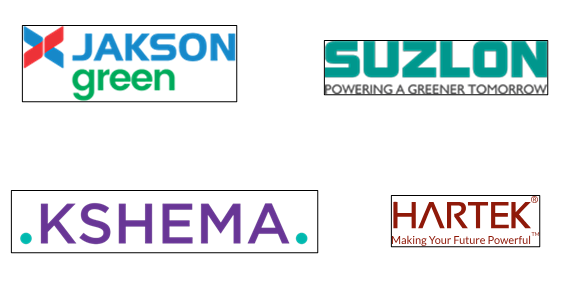India’s transportation sector is at a turning point. With rising fuel prices, growing environmental concerns, and increasing government support, electric vehicles (EVs) are no longer just an alternative, they are becoming the future. Over the past few years, India has made significant strides in EV adoption, but the next decade will be crucial in determining how deeply electric mobility integrates into the country’s logistics and transportation ecosystem.
The Acceleration of EV Adoption
The Indian EV market is witnessing rapid growth, driven by multiple factors:
- Government Policies & Incentives:
Initiatives like the FAME-II (Faster Adoption and Manufacturing of Electric Vehicles) scheme, Production Linked Incentives (PLI), and state-level subsidies are making EV adoption more financially viable. The government has set an ambitious target of achieving 30% EV penetration by 2030. - Infrastructure Development:
Charging station expansion is a key focus area. While metro cities are seeing a rise in EV charging points, the push is now extending to highways and semi-urban regions to support longer operational ranges for commercial EV fleets. - Technology & Battery Advancements:
Innovations in lithium-ion and solid-state batteries are improving the efficiency, range, and affordability of EVs. With India also pushing for local battery manufacturing, costs are expected to decline further.
EVs in the Logistics Sector: The Next Big Shift
While personal electric mobility is growing steadily, the logistics sector is emerging as the real game-changer for EV adoption. The rise of e-commerce, quick commerce, and last-mile delivery services has created an urgent need for sustainable, cost-effective logistics solutions.
Companies are now realizing that traditional fuel-powered delivery vehicles are becoming an expensive liability. EVs, on the other hand, offer lower operational costs, reduced dependency on fossil fuels, and the ability to meet sustainability goals without compromising efficiency.
Key Trends Shaping India’s EV Landscape by 2030
- Mainstream Adoption of EV Fleets
Fleet operators, logistics companies, and e-commerce giants will transition to EVs at scale. Brands like Go EV Mobility are already demonstrating that fully electric last-mile logistics is not only possible but also profitable. - Widespread Charging Infrastructure
By 2030, India is expected to have a dense network of charging stations, reducing range anxiety for commercial EV users. The integration of battery-swapping technology and fast-charging solutions will further enhance operational efficiency. - Affordable & Locally Manufactured EVs
As EV production scales up, manufacturing costs will decrease, making electric logistics vehicles more accessible. With India’s push for domestic battery production and component manufacturing, reliance on imports will reduce, further lowering costs. - Stronger Policy Push & Sustainability Commitments
Both government policies and corporate ESG (Environmental, Social, and Governance) commitments will drive large-scale EV adoption. Companies will be incentivized to integrate sustainable mobility solutions into their operations. - Advancements in AI & Telematics for EVs
Smart fleet management using AI-powered route optimization, predictive maintenance, and energy-efficient driving analytics will become standard. Real-time data will help businesses maximize the performance and lifespan of their EV fleets.
Go EV Mobility: Driving the Future of Sustainable Logistics
As one of the pioneers in electric last-mile logistics, Go EV Mobility is already setting new benchmarks in sustainable transportation. The company operates a 100% electric fleet, proving that eco-friendly logistics can be both scalable and cost-effective.
By leveraging smart routing, real-time vehicle tracking, and data-driven efficiency models, Go EV Mobility is optimizing delivery operations for modern businesses. The company’s commitment goes beyond just adopting EVs, it is focused on building a comprehensive ecosystem that supports drivers, improves operational efficiency, and contributes to a cleaner environment.
The Road Ahead: 2030 and Beyond
The next decade will define the trajectory of India’s EV sector. The shift is no longer just about replacing petrol or diesel vehicles with electric ones, it’s about reimagining mobility for a smarter, more sustainable future.
Companies that recognize this shift early and adapt will lead the transformation. Go EV Mobility is already demonstrating that the transition to electric logistics is not just a possibility but a necessity for businesses looking to scale efficiently while staying environmentally responsible. The future of EVs in India is bright, and 2030 will be a landmark year when electric mobility becomes the norm, not the exception.


